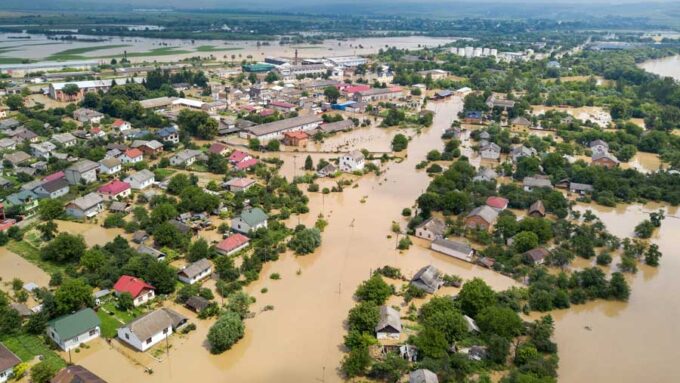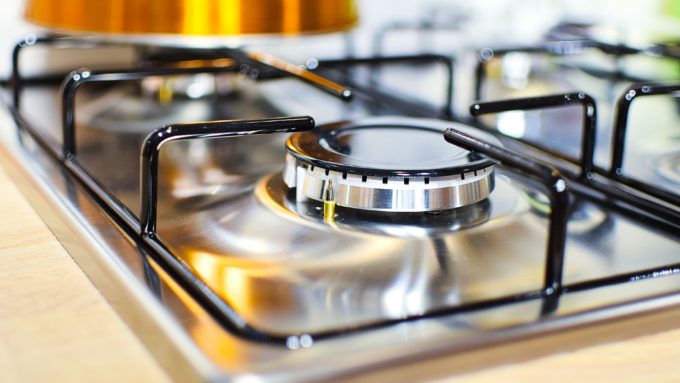As far as natural disasters go, flooding ranks high due to the damage, destruction, and devastation it causes to your property and belongings.
Once the coast is clear and it’s time to assess the damage, here are a few things to watch for after a flood.
Electrical and Natural Gas Hazards
Before getting near or entering the property, inspect the entire perimeter for loose, downed, and sparking electrical lines, especially if surrounded by standing water.
Report electrical line issues to the power company immediately.
Wait until the areas are inspected before going inside or getting close to potentially dangerous electrical lines.
Note any electric or gas appliances that were flooded and until checked and deemed safe by an electrician, don’t attempt to use them.
If you smell gas or hear hissing sounds, leave the area immediately and report it to the fire department.
If there is no power to the home, use a flashlight to navigate through the interior. Never use candles, matches, lighters or any means of creating an open flame. This keeps you safe in case of broken or leaking gas lines.
Avoid Standing Floodwater
Steer clear of walking through or standing in residual floodwater, which may be unsafe due to the potential presence of sewage, bacteria, or other hazardous toxins.
If avoiding floodwater is not an option, wear high boots with pants tucked inside to avoid getting any of this potentially contaminated, hazardous water on your skin or clothing.
Exterior Damage
While assessing exterior damage, make note or take pictures of any visible damage to the property foundation, structural damage, submerged air conditioning units, or damaged gas lines.
Place a call to your local building inspections department, insurance claims inspector or general contractor to accompany you for an expert eye and assessment of total damage.
Insects, Snakes and Rodents
Flooding presents an opportunity for bugs, snakes, or rodents to enter the home to find safety from a flood. Watch for signs of insects, bugs, and other wildlife as you make your way through the home.
Dead rodents or other small animals are cause for concern because of decay, feces, and toxic bacteria they may leave behind.
Structural Hazards
Don’t force windows or doors that are difficult to open as there may be a potentially dangerous structural issue. Find alternate methods of entering the property.
While walking through the home, note any water-soaked drywall, wood, carpets, furniture, and flooring. These are all prime spots for mold to set in and spread throughout the home.
Look for signs of sagging or bulging walls, flooring, and support beams. Take photos for insurance purposes.
Personal Property Damage
Look for water-soaked items that have been destroyed by the flood.
Any items that cannot be cleaned, disinfected, and dried completely need to be thrown out.
Conclusion
A flood is a devastating event that can happen no matter how well prepared you are.
For support and advice in terms of next steps for clean-up, mold remediation and restoration, contact the experts at RCS in Santa Rosa.


